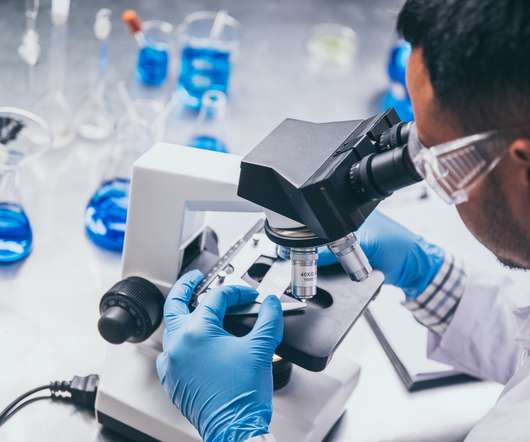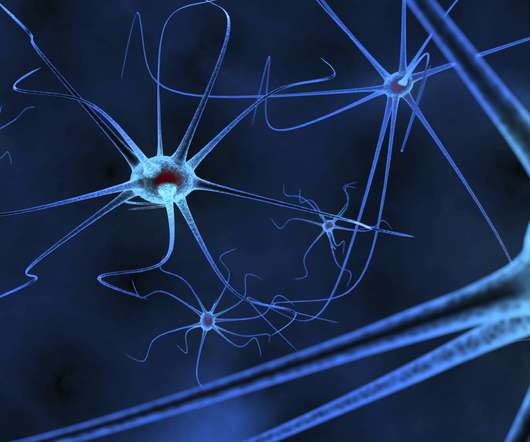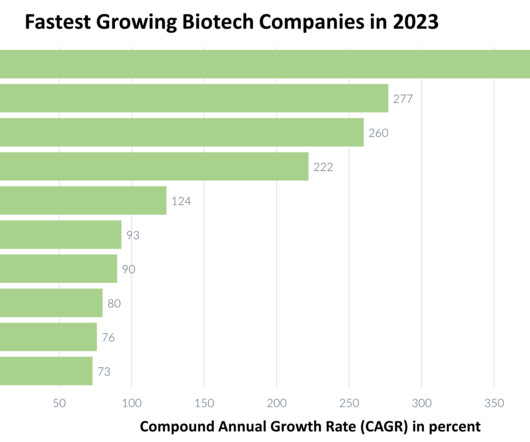4 Life Sciences Trends for 2023
XTalks
DECEMBER 29, 2022
The life sciences and healthcare are among the biggest industries globally, and their significance was particularly highlighted during the past couple of years by the COVID-19 pandemic. Given the hyperfocus on the life sciences thanks to COVID, consumers appear to be more autonomous and vocal about their medical demands and choices.
















Let's personalize your content